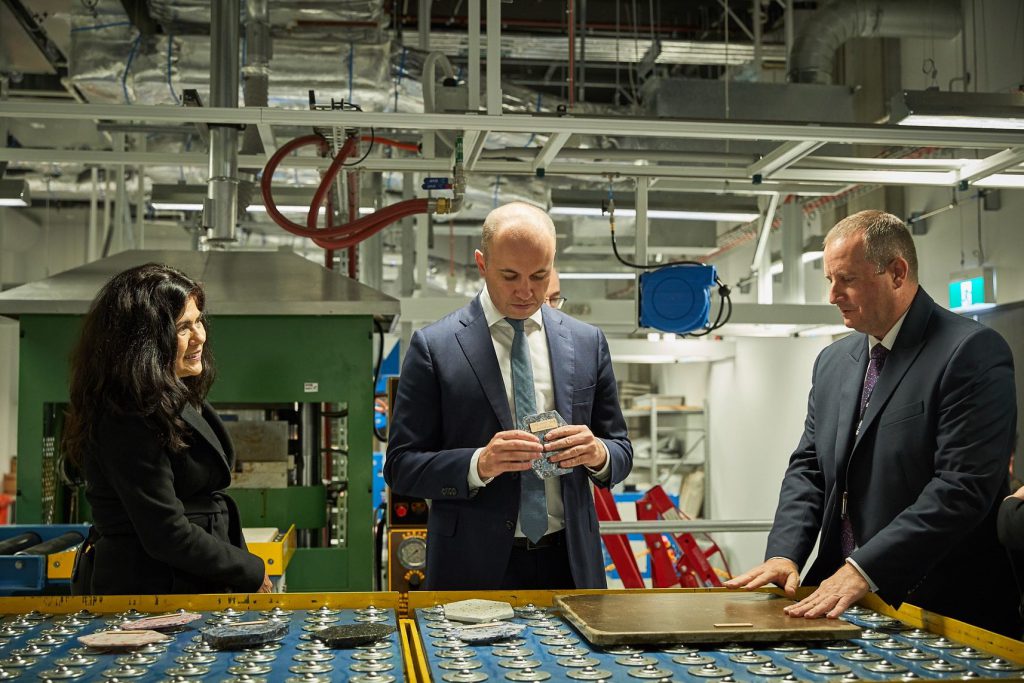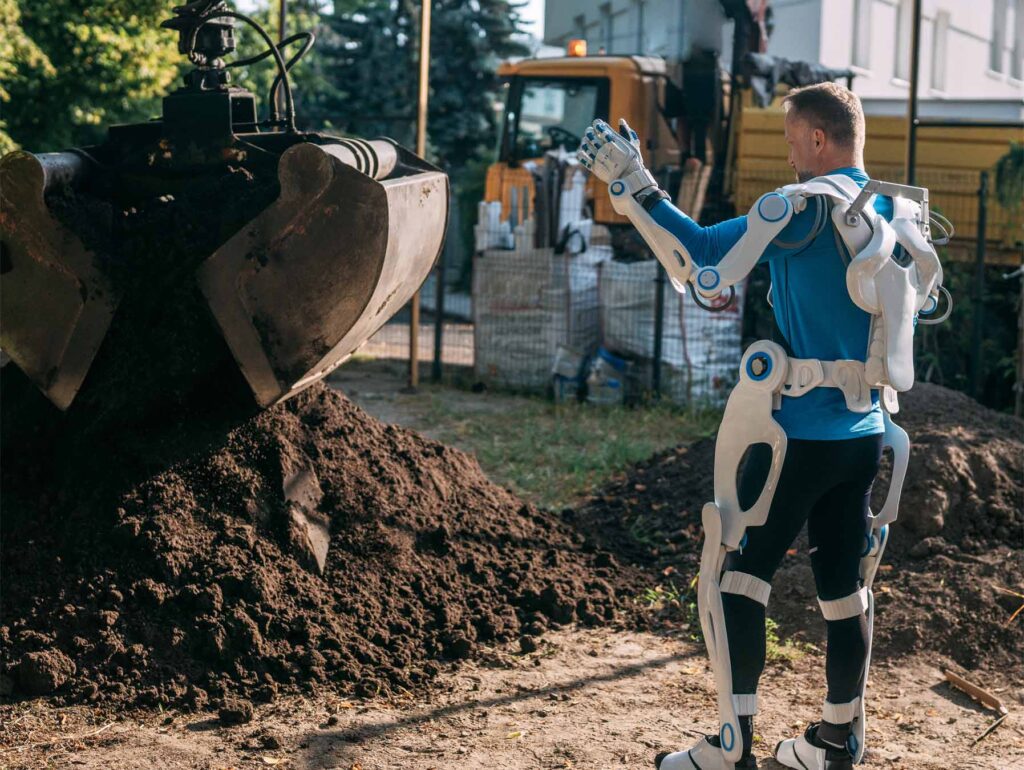Every year, we generate over 2 billion tons of waste worldwide, with industrial waste accounting for half of this total.
Although industries have proven to be very beneficial to society, they have some drawbacks, as evidenced by the amount of waste they generate each year. Humanity has continued to produce more waste than the planet can handle since the invention of mass production technologies. Some industrial wastes are hazardous and toxic, making it even more critical for industries to reconsider their waste management practises.
Fortunately, businesses are waking up to the role they need to play and revamping their waste handling and disposal systems for enhanced environmental protection and superior efficiency in order to counteract and overcome the challenges posed by the impact of industrial waste on the environment.
How Technology Is Reshaping Industrial Waste Management

source: pinterest.com
Technology has altered the way businesses operate, and it is now playing an important role in how they manage waste. With the assistance of technology – smart devices, software, QR codes on containers, high pressure pumps, modern industrial tank cleaning systems, and more – companies are beginning to recycle and reuse more waste than ever before.
Listed below are some of the top ways in The Architecture Designs this is being done.
Improved Waste Disposal and Collection Efficiency
There are two leading technologies improving the way businesses dispose of and manage their waste; that is, through advanced sensors and pumps.
Sensors

source: pinterest.com
Sensors have been used in a variety of novel ways in everyday items used to collect industrial waste, most notably in the humble trash can.
From ultrasonic trash cans with sensors designed to read the fill level of a waste bin to image trash with GPS sensors that not only monitor fullness and contents but can also be programmed to detect which containers require servicing (then schedules routes and evenly distributes jobs to drivers), sensors are also used in screening technology to quickly and efficiently sort recyclables.
Pumps

source: pinterest.com
Given the volume of water used and the biohazards posed by waste from industries such as pharmaceutical, chemical, manufacturing, food processing, and others, it’s no wonder they are required to operate their own wastewater treatment plants.
However, because the amount of wastewater generated and the type of contamination or impurities in the wastewater vary by industry, the technology used in treatment plants also varies. The only thing that all wastewater treatment plants have in common is the pumps that collect the wastewater.
These pumps have to be heavy duty and durable. As a result, most businesses focused on managing wastewater effectively are choosing advanced technological pumps like high-pressure pumps that have a light, compact design and employ the axial piston principle. These modern pumps are strong enough to withstand corrosion and abrasion caused by wastewater.
Growing Popularity of Waste to Energy Initiatives

source: recyclinginternational.com
One of the major innovations in the food manufacturing and agricultural industries is the adoption of waste-to-energy technology that allows for the generation of actual power from waste. This way, instead of accumulating waste in landfills, businesses can instead convert waste into energy; thereby cutting down on the cost of power and helping the environment.
One technology that is leading the waste-to-energy waste management strategy is digester and thermal energy conversion systems. Digesters mimic the landfill process in that they function to help decompose the waste material and produce biogas (energy). Thermal conversion technology then collects this energy and converts it into clean, usable energy.
Aside from that, some industries are adopting micro-turbines, which use waste gas to generate heat and power, as another viable alternative to traditional energy sources for business use.
Improved Route Optimization
Optimal routing is essential to reducing hazardous emissions and protecting the environment, which is why companies are investing in optimization software and advanced systems—allowing businesses to track their output with timestamps and collaborate more effectively with suppliers to ensure on-time deliveries.
These advancements in technology have made point-to-point pickups a reality, as well as made them more energy efficient and, most importantly, environmentally friendly.
Increased Adoption of Robotics

source: pinterest.com
Until recently, many industrial processes, including waste management, were carried out manually. Not anymore.
When it comes to waste management, automation is quickly becoming the top priority for businesses. As a result, many businesses are turning to technological solutions such as AI-powered robots to improve operational efficiency in all areas, including waste management.
In industrial waste management, robotics is used for almost everything, including routine tasks like industrial tank cleaning, particularly in waste separation.
When it comes to waste separation, industrial robots can excel.
Many of them are equipped with laser scanners, visible spectrum cameras, metal detectors, transillumination, and haptics, allowing them to perform multiple sorting tasks (such as cleaning off contaminants or reclaiming raw waste material). That is, these machines can sort trash under various categories and even determine the appropriate method for disposal.
Non-Technological Ways Industrial Waste Is Being Recycled
Despite the fact that the focus of this article is on how technology affects industrial waste management. The following industrial waste management techniques are worth mentioning because, while technology has dramatically improved industrial waste management, it is not the only reason.
The following non-tech approaches have had a significant impact on how businesses manage waste.
- The Formation of Key Partnerships: To get rid of their waste, many businesses are forming alliances with local waste management companies and recyclers. This way, they can ensure they do not pose a threat to the environment’s long-term viability.
- The Use of Waste Exchange Programs: What one business considers waste may be a resource for another. As a result, many organizations are signing up for waste exchange programs in which they can exchange their generated waste. This can include scrap excess, off-spec products, and small amounts of raw materials that are insufficient for a full process run or will expire before being used.
The cost and complexity of modern waste management systems have been greatly reduced by technology, making them safer, more efficient, and productive while also reducing their environmental impact. Therefore, it is safe to assume that technology will continue to be a major driving force in how businesses handle waste management for many years to come.



